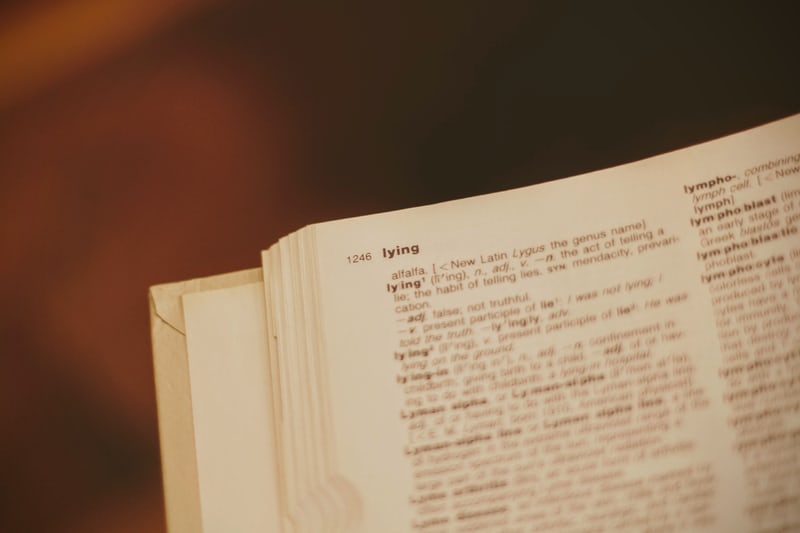
Jacob is an interesting character. He is said to have wrestled with his brother before they even breathed air, and was declared “heel grabber” at his birth. In the years before he marries, he is shown as deceiving his brother out of both birthright and blessing, which did not endear him to his twin. In fact, the Bible tells us that Esau consoled himself with the thought of killing Jacob as soon as their father passed on from his earthly life. Apparently, Esau had enough respect and love for Isaac that he wouldn’t kill his brother while the man lived. But Jacob knew of the threats as his mother had overheard them, and he believed her. Before the blessing of his father Isaac even had time to settle in Jacob’s mind, he was running for his life, fleeing to the land of Mesopotamia with his Uncle Laban, where he spent the next twenty years.

One would think that a man could do a lot of changing in twenty years. But Jacob used his skills of subterfuge right up until he fled Laban’s household. He snuck away while Laban was off shearing his sheep, in essence deceiving Laban into thinking he would still be there when Laban returned.
So when the time came that Jacob would enter the land God had promised his father and grandfather, and had included him in that same blessing, he couldn’t help but wonder if Esau still thought him a threat. Did the man still hold a grudge? Would he plot Jacob’s ruin and take his life? This time Jacob wasn’t traveling alone. He had two wives, two concubines, and twelve fairly young children to protect.
If he had continued on the path he’d started on, as a man who knew how to turn a situation in his favor, whose silver tongue could coax a birthright for a pot of stew, he might have plotted and planned some way to trick Esau yet again, to sneak away from any contact with his twin. But Jacob was not entirely the same man he’d been all those years ago. He had met God face to face and lived to tell of it. And the experience had changed him.
So rather than turn aside and avoid all contact with his brother, Jacob sought reconciliation. He sent gifts and a message. Imagine his dismay when the messengers returned with the news that Esau himself was coming to meet Jacob and bringing 400 men with him! Four hundred men is the size of a raiding party, not a welcoming committee. David took 400 men with him when he sought to kill Nabal, Abigail’s surly husband. Interesting how in both cases the coming band leader was appeased with humility and gifts.
Which is exactly how Jacob approached Esau. (Perhaps Abigail knew this story and copied her ancestor’s wisdom when she faced an angry David.) When Jacob heard that Esau was coming, he nearly panicked. The Bible says he was greatly afraid. He divided his camp into two, then divided his family from least to greatest. (He had not learned the lesson of favoritism from his own parents. But that’s another topic.)
Jacob did learn a thing or two about humility and diplomacy. As he saw Esau approach, he went out to meet him, bowing to the ground seven times. That seems strange to us, but it was the expected response of anyone at that time in approaching a king. Jacob took the role of a servant and treated Esau like a ruling monarch.
During their dialogue, Esau calls Jacob “brother,” but Jacob refers to Esau as “my lord,” even to the end of the conversation. He defers to Esau, as though Esau had retained the rights of firstborn, as though Esau was the one on whom their father had bestowed the blessing. One translation even uses the phrase “Pray, take my blessing” (where other translations say “my present, or gift”) suggesting that Jacob is making restitution for the blessing he once stole.
In the end, when Esau is finally persuaded to depart in peace, Jacob does revert back to his habit of deceit just a little. He infers that he will come along at a slower place to Seir where Esau lives, but in fact, turns in the opposite direction to Succoth, keeping a good distance from his brother, whom I doubt he truly trusted. But when it came to seeking peace and reconciliation, Jacob had learned a hard lesson through trial and struggle. He went from deceiver to diplomat, and left us with a good lesson in how to make peace with those who oppose us.
Selah~